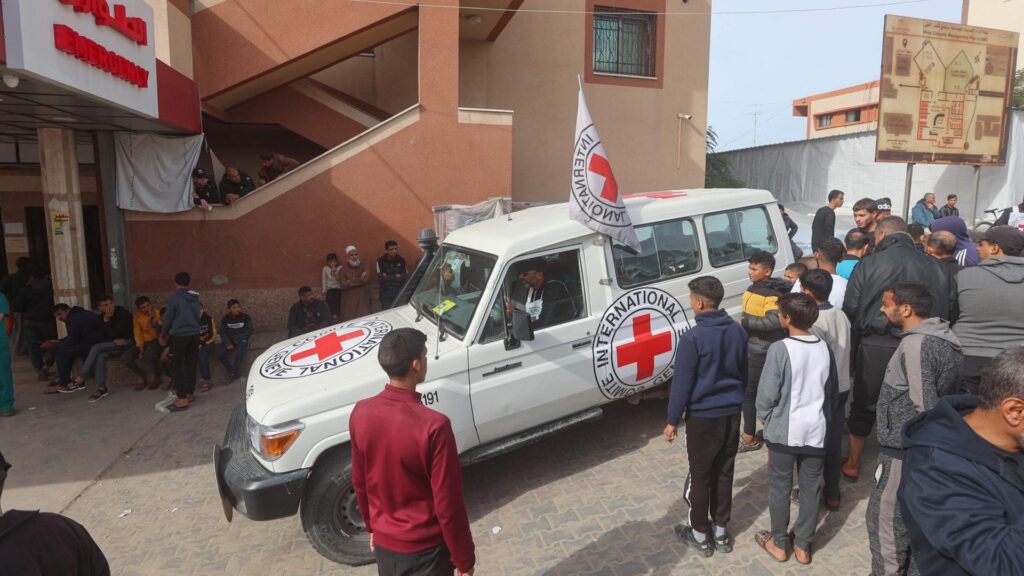
Introduction
The topic of Hamas has garnered significant attention recently, especially in light of escalating tensions in the Middle East. Understanding Hamas, its political agendas, and its impact on the broader geopolitical landscape is crucial for comprehending the complexities of the region and the implications for global security.
The Current Situation
Since the outbreak of hostilities in Israel and Palestine, Hamas has played a central role in the conflict. On October 7, 2023, Hamas launched a surprise attack on Israel, which resulted in widespread devastation and triggered a response from the Israeli military. This conflict has led to thousands of casualties, with reports indicating far-reaching consequences for both sides.
In response to the attacks, Israel declared a state of emergency and began a series of airstrikes aimed at Hamas targets in Gaza. Significant infrastructure has been destroyed, and humanitarian concerns are growing as civilian casualties mount. International reactions have varied, with some nations supporting Israel’s right to self-defense while others have condemned its military actions as disproportionate.
Hamas and Its Political Agenda
Hamas, founded in 1987 during the First Intifada, operates with the stated goal of liberating Palestine and establishing an Islamic state governed by Sharia law. The organization is recognized as a terrorist group by many countries, including Canada and the United States, which complicates international diplomacy and aid efforts in the region.
The internal political situation in Gaza remains precarious, as Hamas faces increasing pressure from both Israel and rival Palestinian factions, including Fatah. The ongoing conflict has reignited debates about the viability of a two-state solution and the future of Palestinian governance.
Global Reactions and the Way Forward
The international community is deeply concerned about the ramifications of the latest escalation. Various global leaders have called for de-escalation and urged both Hamas and Israel to enter negotiations aimed at achieving a ceasefire. Human rights organizations have focused on the dire humanitarian crisis emerging from the conflict, calling for immediate assistance.
Moving forward, the role of Hamas in Palestinian society and regional politics will be a focal point for diplomats and scholars alike. The impact of its recent actions may significantly shape future peace initiatives and influence other geopolitical alliances in the region.
Conclusion
The situation surrounding Hamas is complex and fluid, with significant implications for regional stability and international relations. As the conflict continues to evolve, understanding the motives and actions of Hamas will be essential for policymakers and observers hoping to contribute to a peaceful resolution.



